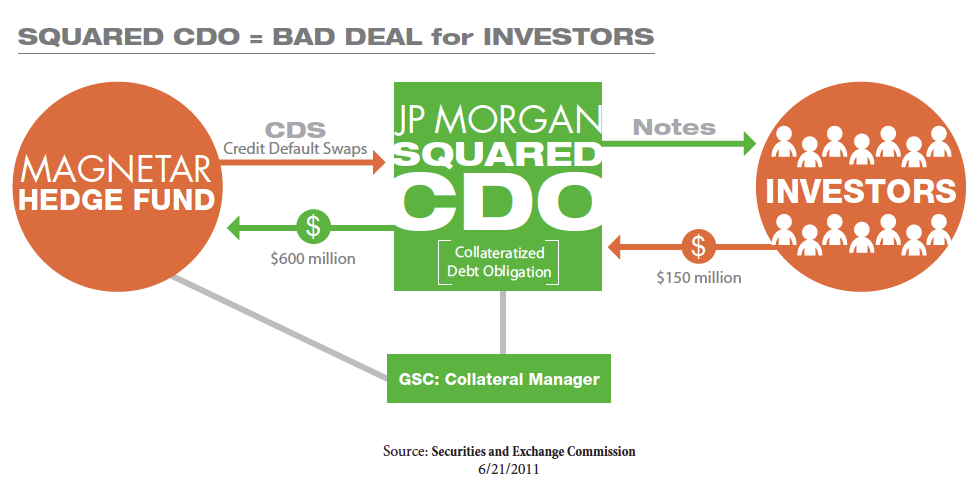Robert Jenkins: Puncturing Bankers’ Myths
In this speech,Robert Jenkins of the Bank of England blows apart the self-serving myths that ‘old guard’ bankers and their lobbyists have been peddling since the financial crisis ripped apart the global financial system in 2007.
Read more...
